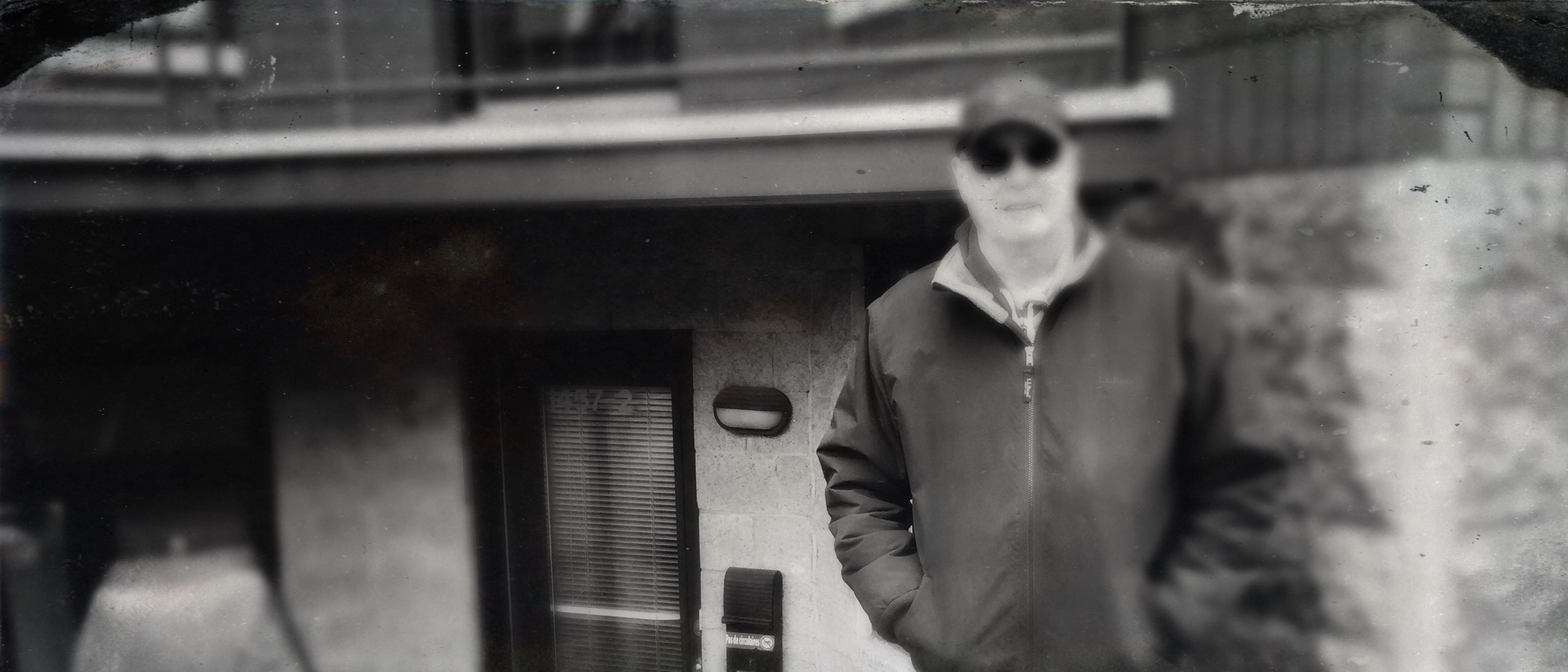All this, and only for a dime!
 I was seven, maybe eight. And the deal on the back of the comic book looked pretty darn good.
I was seven, maybe eight. And the deal on the back of the comic book looked pretty darn good.
I showed my dad the ad. He frowned, sighed as if exhaling life itself. “No,” he said. He was a big man, tall and strong, his speaking voice a bellow, his whisper a threat to aural health. Some claimed he had an accent too, but I never noticed. “No.”
I didn’t get it. He’d let me order the X-Ray Vision Glasses, the Sea Monkeys, and the Throw-Your-Voice Whatchamacallit. Why not this? “But it’s only ten cents. And look … ” I drew his attention to the corner. “It comes with a free book on how to collect stamps.” If anything would convince him, this would. I mean, c’mon, eh?—no one valued education more than my dad.
He shook his head, emphatic, final, and turned his back as if to walk away. Or, in hindsight, I guess, to avoid telling me what he always knew was inevitable.
I kept up the pressure, bolstered my case. “But you wanted me to collect stamps? You said it was a good hobby?”
“Collect all the stamps you want, but no Hitler—not in this house.”
“Because I say so.”
“Is he like the Queen?”
“What?”
“Is Hitler like the Queen?”
“What are you talking about?”
“Queen Elizabeth. She’s on stamps, too. You know, like Hitler?” And there was that sigh of his again, mournful and rife with distress, resigned acceptance of a new battlefront in the lifelong war that raged between his ears.
He mulled his options, and sat me down. “Your comic books, your war movies, there’s a part they leave out,” he said.
 This was a surprise. I devoured comic books by the ton. And movies— jeez!—I never missed a Saturday matinee. In fact, I was a member in good standing of the Odeon Movie Club, Trenton, Ontario chapter.
This was a surprise. I devoured comic books by the ton. And movies— jeez!—I never missed a Saturday matinee. In fact, I was a member in good standing of the Odeon Movie Club, Trenton, Ontario chapter.
If anything was missing, I was confident I would have noticed. But Dad explained otherwise, made clear Hitler wasn’t just another Lex Luthor or mustachioed rustler with a hankering for Roy’s or Gene’s or Hoppy’s herd.
The part the comic books and movies left out
I could see he was trying to come up with a way to ease me into the story, all the while knowing there was no easy way. His sentences were short, and he’d take a quick breath between each, thinking, strategizing.
He told me how his father, a tailor, had been shot dead in the streets of Suchowola, their village in eastern Poland, because he was deaf and had failed to hear a soldier’s order to stop walking. He told me how his mother and youngest sister were murdered at a concentration camp, a place called Auschwitz. His mother was put to death on arrival. His sister, sick from overwork and lack of food, had collapsed one morning and was left to die outside in the mud and cold. (The testimony of a survivor would later describe her last moments alive, how another prisoner, a friend, had claimed her shoes before she’d breathed her last.)
I looked away as my father wiped his eyes, and quietly told him I didn’t want the stamps anymore. “Or ever, Daddy.” I meant it, too. No kid wants to see their dad cry, not for any reason.

“Where’s Hitler now?” I asked.
“Dead,” he said.
I flipped the comic book to its cover. “Good,” I said, and he pulled me in for a hug that broke all previous
records in warmth and duration.
This was how I learned about Hitler and the Holocaust. And this was how my father came to tell me about the grandfather, grandmother, and aunt I would never know, beyond the photo that sat on his dresser. It was Dad’s only photo of them, and he kept it close until the day he died.
~posted in recognition of International Holocaust Remembrance Day (January 27), adapted from my novel LIFE IN HENK: A Semi-Authorized Memoir
Publishing news! Two new story sales and a repetitive bit more
Inspired by the above and, in some ways, a companion piece to it, At the Old Wooden Synagogue on Janower Street appears in the September/October 2019 issue of Asimov’s Science Fiction Magazine—as well as Rich Horton’s The Year’s Best Science Fiction & Fantasy 2020. And, with a nod both to summer jobs and my 16-year stint as a travel writer for the Netherlands Board of Tourism, How I Came to Write Fantasy graces the pages of the November/December 2019 issue of The Magazine of Fantasy & Science Fiction.
Meanwhile, if you have somehow escaped my incessant blabbing and posting, my book, HOLLYWOOD NORTH: A Novel in Six Reels, is now available pretty much everywhere books are sold, including Amazon USA, Amazon Canada, Amazon UK, Barnes & Noble, Powells, Chapters-Indigo and many independents, such as Northshire Books in Saratoga, NY, Novel Idea in Kingston, ON, and Lighthouse Books in Brighton, Ontario.
Haven’t had your fill of me yet?
Follow me on Facebook, Twitter, or Instagram. Yeah, I use my real name. There aren’t all that many Michael Liblings out there. Mind you, on Instagram, I dress it up a bit with michaelliblingwriter. Beware imitations.



